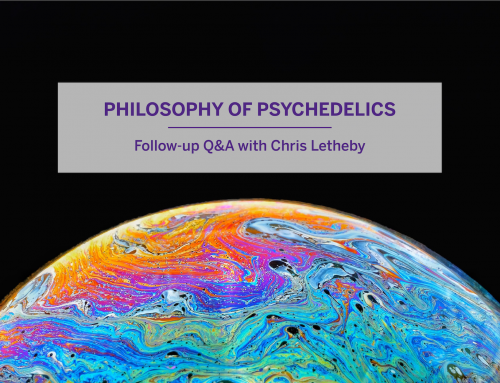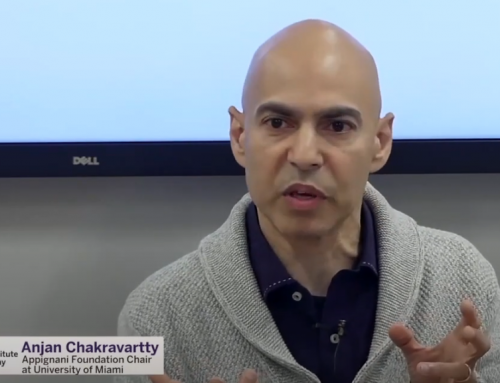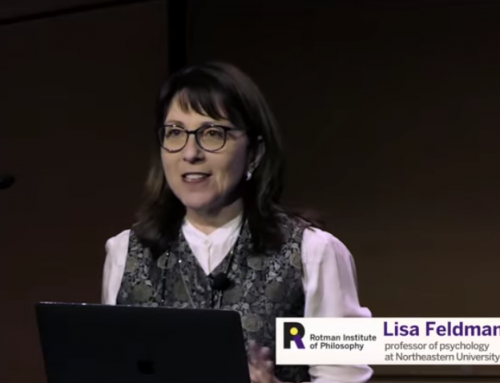Carl Craver, of Washington University in St. Louis, recently delivered two talks at the Rotman Institute, co-sponsored by Western’s Brain and Mind Institute, as part of our yearly neurophilosophy speaker series. The first talk, entitled Memory, Time and Agency, was an examination of how individuals with episodic amnesia make future-oriented decisions. The second talk, Ontic Basis of Network Explanation, was an analysis of network models in philosophy, using examples from fMRI research. Videos of both talks have been posted to the Rotman Institute YouTube channel. Abstracts and videos of both talks are listed below.
Memory, Time and Agency
Individuals with episodic amnesia and deficits in episodic future projection are frequently described as trapped in an eternal present or bound to stimuli in the here and now. I argue that individuals with medial temporal lobe damage and deficits in these capacities nonetheless retain much of their orientation in time and much of their ability to make adaptive prudential choices about their futures. These findings suggest that episodic memory might play very little role in our understanding of time and suggest alternative ways of thinking about both the function of episodic memory and the human capacity to make adaptive, future-oriented decisions.
[embedyt] http://www.youtube.com/watch?v=HYlzST4nPkg[/embedyt]
Ontic Basis of Network Explanation
Network models are increasingly used across the sciences to describe complex relations among a number of individual actors. Philosophers enamored of this modeling approach claim to find in it evidence for non-causal, distinctively mathematical, or non-decompositional explanations. Using examples from contemporary resting state fMRI research, I show that this philosophical work in general misunderstands what network models do, how they are applied to real systems, and, most generally, what a philosophical theory of explanation is supposed to accomplish. I will argue that stock examples of network explanations in the philosophical literature all show tell-tale signs of causal (or otherwise ontic) asymmetry. These examples point the way to a more accurate account of the distinction between mathematical and causal explanation (than offered by, e.g., Lange or Colyvan) and hopefully to a deeper appreciation of what the ontic conception of scientific explanation asserts and how it differs from epistemic and psychologicstic models.
[embedyt] http://www.youtube.com/watch?v=IX6IGYx05Cs[/embedyt]
Videos of all Rotman Institute of Philosophy events can be viewed on our YouTube channel. Subscribe to our channel to be notified whenever new videos are added.






